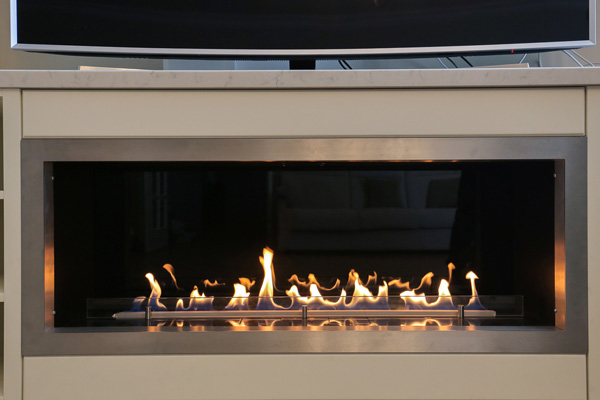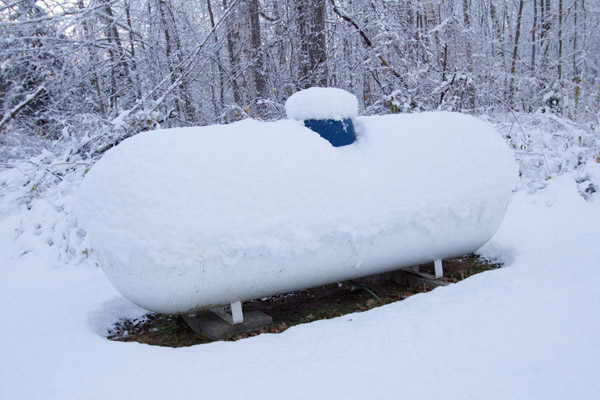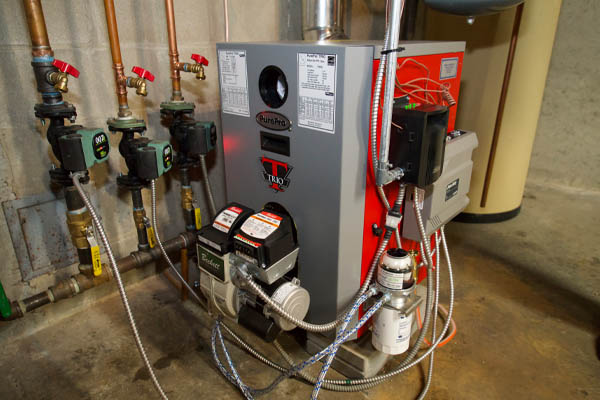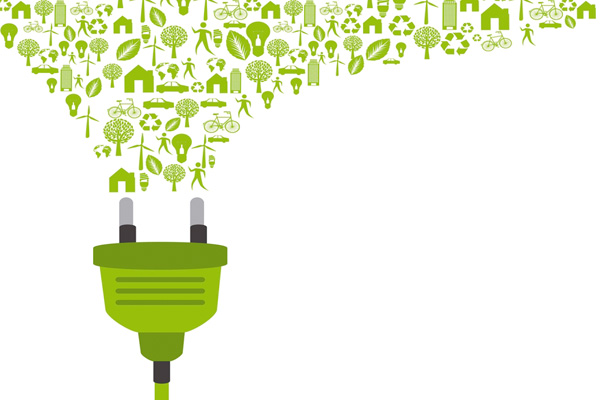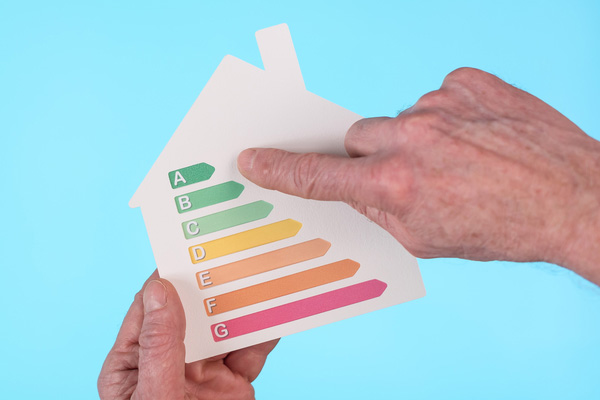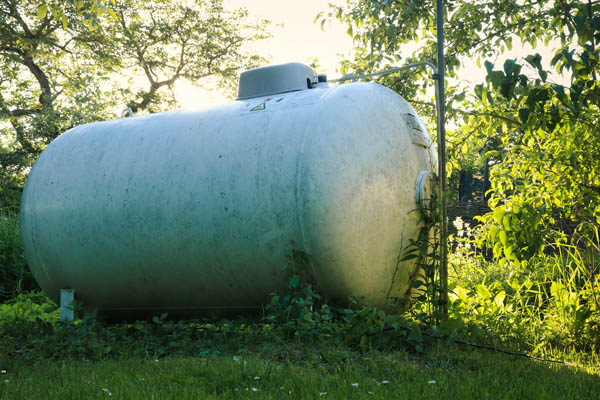Posts by Taylor Energy
Why Is Propane Environmentally Friendly?
National efforts toward environmental conservation are inspiring individuals to act. Choosing eco-friendly energy sources like propane is crucial. This article explores the critical question, “Is propane environmentally friendly?”, guiding those committed to sustainable living in making informed energy choices for their homes. Click through to read about why propane is environmentally friendly.
Read More10 Strategies for Reducing Your Heating Oil Costs
In Northern Connecticut, residents face extremely cold temperatures and high heating costs. Relying on your heating system is essential, but shutting them off to save money isn’t a practical choice. This article offers strategies to reduce heating oil expenses without sacrificing the warmth, comfort, and safety of your home during winter.
Read MoreCarbon Monoxide Safety Tips For This Heating Season
Keeping your home comfortable and safe in winter involves maintaining your heating system. Since heating systems produce carbon monoxide (CO), a colorless and odorless gas harmful to humans, it’s vital to be aware of hazards and ensure your CO alarm is working. Proactive measures are crucial to protect against the dangers of CO exposure.
Read MorePropane Fireplaces: Five Great Benefits
For cozy winter evenings, adding a fireplace to your home offers warmth and ambiance, perfect for family gatherings. Many tend to choose between the classic charm of wood-burning fireplaces or the modern efficiency of propane fireplace alternatives. This article explores the benefits of propane fireplaces, highlighting their suitability for your home.
Read MoreIs There A Risk Of My Propane Freezing?
Homeowners often wonder about propane freezing in cold weather. Propane is a popular heating choice for its eco-friendliness and lower emissions. It’s especially useful in remote or areas with limited energy options. This article addresses whether propane freezes, outlines potential issues, and gives tips for a hassle-free propane experience in the winter season.
Read MoreWhat Size Boiler Do I Need?
A home’s warmth is crucial, especially in winter, but choosing the right boiler involves more than picking the most efficient model. It’s important to consider multiple factors and seek advice from an HVAC expert. This article delves into how to select the proper boiler size and type, ensuring optimal efficiency and comfort.
Read More9 Reasons To Choose Propane Vs Electricity In Your Home
The urgency to address climate change has amplified the focus on clean energy, with electrification often highlighted as a primary solution. Yet, the high cost of fully transitioning to electric systems limits accessibility, presenting financial challenges for many. This discussion explores propane as an affordable and effective alternative for clean energy.
Read MoreClean Energy Fuels: How Renewable Bio Fuels Can Help Solve The Climate Crisis
The United Nations paints a pressing picture of our climate situation. With this global perspective in mind, Taylor Energy is deeply committed to being part of the solution. While the efforts and initiatives being rolled out may seem like just immediate remedies, clean energy fuels are crucial strides toward mending our environment.
Read MoreUnderstanding the AFUE Rating: What Does It Indicate?
The efficiency of your home’s cooling and heating system is vital, as Energy Star highlights, given that it constitutes roughly half of your total energy expenditure. Being informed and proactive about maintenance, repairs, and replacements can substantially reduce energy bills. When it comes to heating systems, the AFUE rating becomes a pivotal factor.
Read MoreWhat Size Should My Propane Tank Be?
Propane is a top choice for home heating due to its efficiency, cost savings, and reduced environmental impact. Unlike natural gas, which depends on external supply lines, propane is stored in on-site tanks, ensuring uninterrupted access. The main consideration for homeowners is choosing the right propane tank size to meet their needs.
Read More



